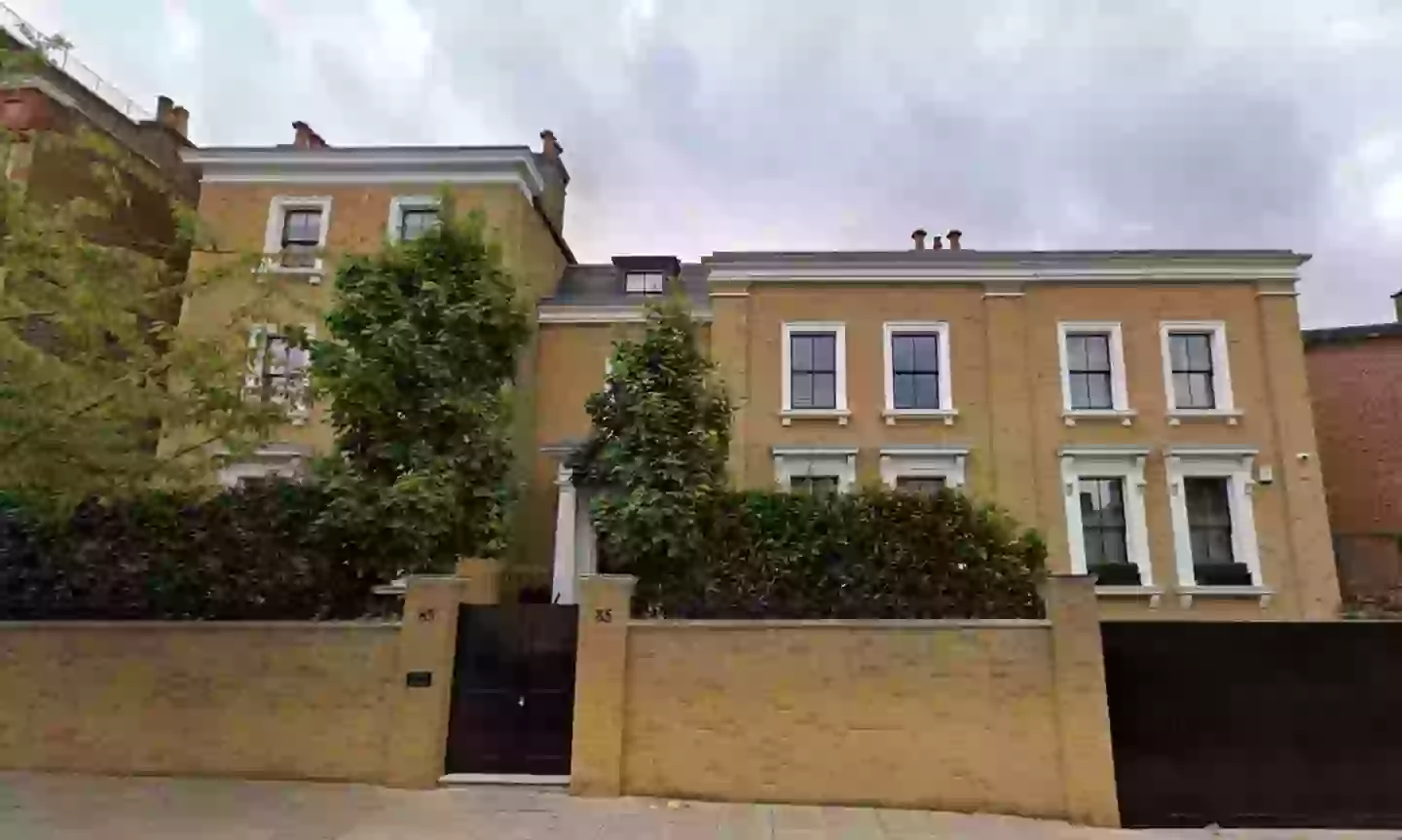A London couple has received a refund after discovering an ‘infestation’ that made their luxury mansion less than ideal.
When purchasing any property, especially one worth millions, you expect a solid return on investment.
Moreover, if I’m making a significant purchase, I want to be informed of any potential problems with the property, as it influences my decision to buy, correct?
Unfortunately, Iya Patarkatsishvili, the daughter of a Georgian billionaire, and her husband, Dr. Yevhen Hunyak, a dentist, did not have this advantage when they acquired a £32 million ($39m) mansion in Notting Hill, London, in 2019.

This property included amenities such as a pool, spa, gym, wine room, library, cinema, and a ‘snoring room’ for undisturbed sleep, according to The Guardian.
However, their peace was short-lived when the house was overrun by a moth infestation. Shortly after moving into their Horbury Villa home, the couple noticed signs of the infestation, which they claimed damaged their belongings, including clothing and their wine collection.
They decided to take legal action against the seller, William Woodward-Fisher, in an attempt to reverse the sale. To illustrate the severity of the situation, John McGhee KC, representing the couple in court, mentioned that at the infestation’s peak, Dr. Hunyak was swatting about 100 moths daily.
He also claimed that even after extensive professional treatment, the couple managed to kill up to 35 moths a day, as reported by The Independent.
Dr. Hunyak further testified that moths were found on his children’s toothbrushes, cutlery, and even their meals, detailing the extent of the problem.

According to the BBC, Woodward-Fisher claimed he was unaware of any vermin issues. However, two pest control company reports had previously identified a ‘serious’ moth problem in the insulation prior to the sale.
On Monday (February 10), Mr. Justice Fancourt ruled in favor of the couple, ordering the developer to refund the purchase price, minus £6 million for the time they had lived there.
Additionally, the developer was required to pay £4m in damages related to the infestation, which included £15,000 for damaged clothing and £3.7m in stamp duty.
Mr. Justice Fancourt concluded that Woodward-Fisher had provided ‘false’ answers about the property’s condition and neglected to ‘honestly disclose’ the ‘serious infestation’.
Despite this ruling, he believed Woodward-Fisher did not intentionally attempt to deceive the buyers, stating that Woodward-Fisher simply wanted to sell the house and move on, knowing full disclosure could jeopardize the sale.
Chris Webber of Squire Patton Boggs, the law firm representing the couple, stated (via The Guardian): “[The couple] hope the case will serve as a warning to unscrupulous property developers who might seek to take advantage of buyer beware to sell properties by concealing known defects.”

